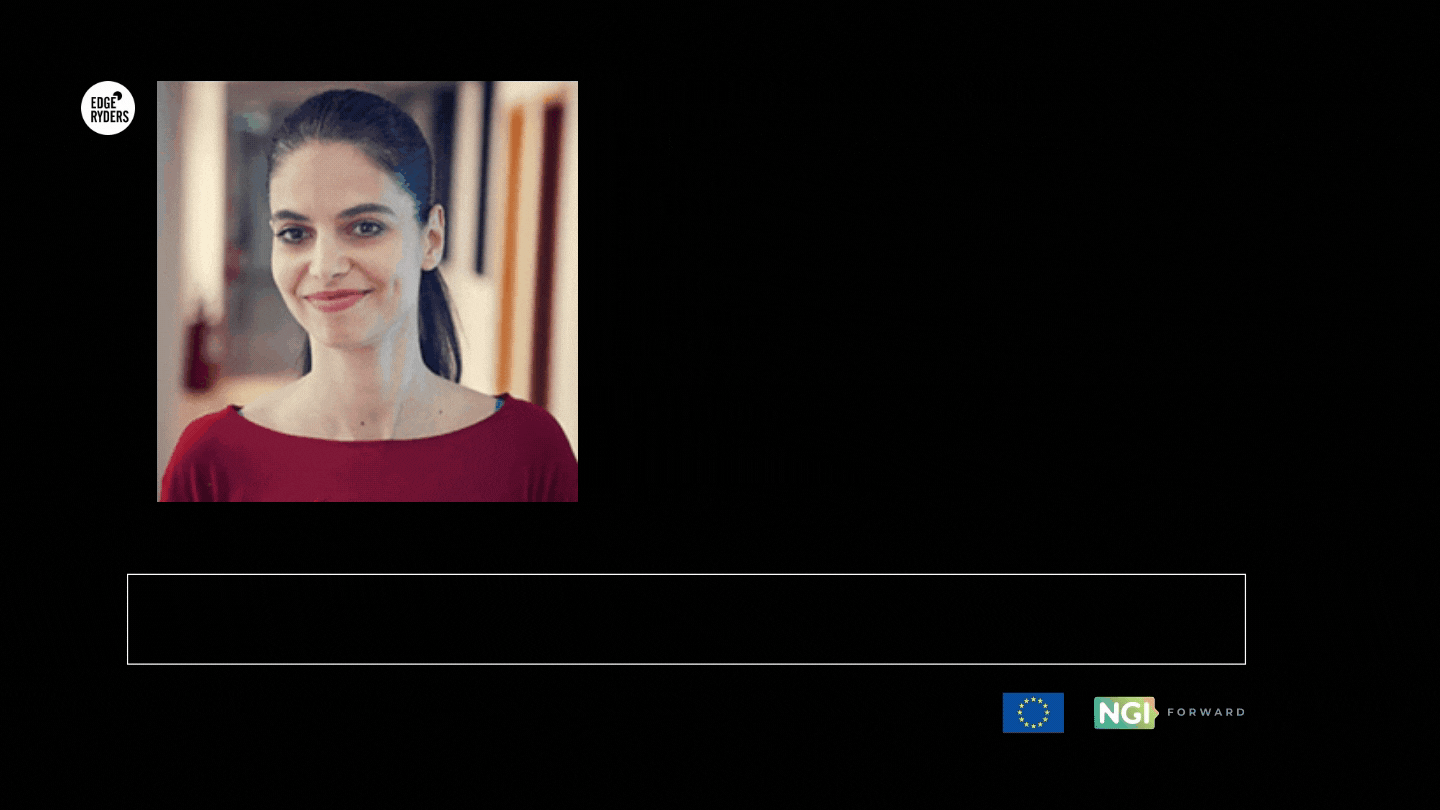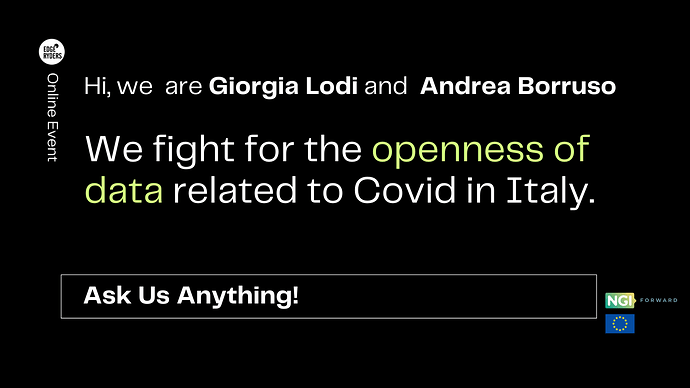For over ten years, we have been hearing that data have become a key resource, “the new oil”. In combination with the Internet as a general delivery infrastructure and new data processing techniques, like machine learning, they power new services. Some of these are potentially benign (recommendation algorithms), others decidedly creepy (facial recognition); both types are changing our societies. Estimates circulated in 2019 put at over 1 trillion Euro the projected value of the data economy in the EU.
Civic-minded technologists have argued that many important datasets, especially those produced by the public sector or funded by taxpayers, should become public goods, accessible to all without restriction. Open, machine-readable public information would not only benefit the economy, but improve transparency and strengthen democracy. Policy makers, at least in Europe, heard the call; the EU Public Sector Information Directive dates back to 2003, and got an overhaul as the Open Data Directive in 2019.
It looks like all stakeholders agree on the strategic importance of open data as a common societal resource. And yet, after all this time, when the COVID-19 crisis erupted in early 2020, the open data pipelines burst at the seams. In many countries, it has been surprisingly difficult for researchers, journalists and citizens to access even basic data on how the pandemic played out. And this happens at a time when authorities are making controversial decisions to limit the freedoms of citizens – decisions that, naturally, citizens would like to better understand.
- Why, after all this time and lofty rhetoric, are we so bad at basic open data?
- Is it a capacity problem, with public servants working out of Excel sheets rather than with robust data delivery pipelines?
- Is it the temptation of using strategically the information on COVID-19, that struggling politicians simply cannot resist? Or what else?

We are Giorgia Lodi and Andrea Borruso, and we care about the issue. Andrea is a co-founder of Italian civic tech NGO OnData. OnData launched a petition to prime minister Giuseppe Conte to release all epidemiological data as open data, and to open the algorithms that convert those data to risk indicators (like Rt) that the authorities base their policy decisions on. To date, the petition has 46,000 signatories, including 162 organizations. Meanwhile, Giorgia, formerly with the Italian government agency for the digital society, is involved in an epic struggle for the openness of the data in Italy.
Join us and others on March 2nd at 18:30 CET to AMA about the openness of covid data!
What is an AMA and how does it work?
AMA, or Ask Me Anything, is an interviewing format popularised via Reddit. In short, you ask the features “expert” questions, and they answer them live for an hour.
How does it work?
Anyone is welcome to post questions/comments below. On the anouced date, the featured speaker(s) come back to this thread to start answering questions they find interesting. They will do their best to reply to as many questions as possible, but please note that not all questions/comments will be addressed.
Who can join?
Anyone! As the conversations get going during the hour, you will see multiple threads naturally emerging. There is an open invitation for everyone to contribute–please feel free to reach out to other community members, either on the thread or via DM, to continue the discussion!

 but I am sure they are necessary and we need to really start from these:
but I am sure they are necessary and we need to really start from these: